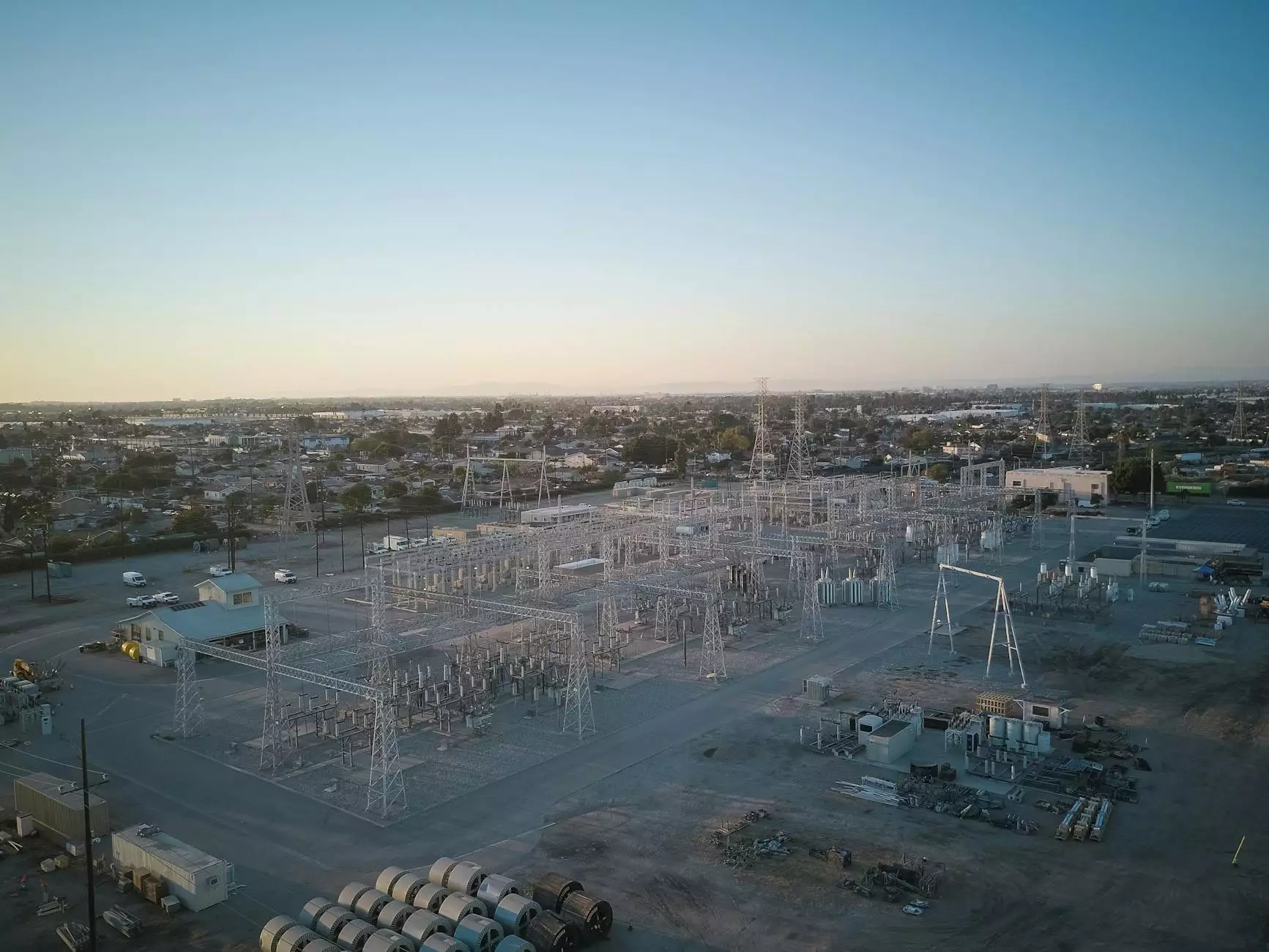Understanding CT Scans for Lung Cancer Diagnosis

In the realm of modern medicine, early detection of diseases is paramount, particularly when it comes to serious conditions like cancer. Among various imaging technologies, CT scans for lung cancer have emerged as invaluable tools in the diagnostic process. This article delves into the significance of CT scans in lung cancer detection, bringing to light essential facts and insights that can benefit patients and healthcare providers alike.
What is a CT Scan?
A CT scan (computed tomography scan) is a sophisticated imaging technique that combines X-ray images taken from different angles and uses computer processing to create cross-sectional images of specific areas of the body. These detailed images provide more information than standard X-rays, allowing healthcare professionals to observe various internal structures, including organs, blood vessels, and soft tissues.
Importance of CT Scans in Lung Cancer
Lung cancer remains one of the leading causes of cancer-related deaths worldwide. Early diagnosis is crucial as it significantly enhances treatment efficacy and survival rates. CT scans are instrumental due to their ability to:
- Detect Lung Nodules: CT scans can identify small nodules in the lungs that may be indicative of cancer, often before symptoms appear.
- Characterize Tumors: They provide detailed images that help differentiate between cancerous and non-cancerous growths.
- Stage Cancer: CT scans are essential in determining the extent of lung cancer, which is vital for planning treatment strategies.
- Monitor Treatment Response: They assist in evaluating the effectiveness of ongoing treatments by comparing pre-and post-treatment images.
How Do CT Scans Work for Lung Cancer Detection?
The process of conducting a CT scan for lung cancer diagnosis involves several key steps:
- Preparation: Patients are typically advised to avoid eating or drinking for a few hours prior to the scan. It's essential to inform the medical team about any allergies, especially to contrast dyes used during the scan.
- Positioning: Patients lie on a movable table that slides through a doughnut-shaped machine. It is crucial for the patient to remain still during the scan to ensure clear images.
- Imaging: During the scan, X-ray beams rotate around the patient, and a computer processes the data to create cross-sectional images of the lungs.
- Analysis: Once the scans are complete, radiologists analyze the images for any signs of abnormalities such as masses or nodules.
Understanding the Benefits of CT Scans
CT scans for lung cancer offer numerous advantages that make them a preferred choice for both patients and medical professionals:
- High Sensitivity and Specificity: CT scans are sensitive enough to detect small lung nodules that may be overlooked by traditional X-rays.
- Speed: The scanning process is relatively quick, often taking just 10 to 30 minutes, minimizing patient discomfort and anxiety.
- Non-Invasiveness: As a non-invasive procedure, CT scans do not require surgery or significant preparation, making them more accessible for patients.
- Detailed Visualization: CT images provide a comprehensive view of the lungs, which is essential for accurate diagnosis and treatment planning.
- 3D Imaging Capabilities: Advanced CT technology allows for 3D reconstruction of the lungs, providing an even clearer view of potential tumors.
Risks and Considerations
While CT scans are incredibly beneficial, there are some considerations and potential risks that patients should be aware of:
- Radiation Exposure: CT scans expose patients to higher doses of radiation compared to standard X-rays. However, the risk of radiation-induced cancer is extremely low compared to the immediate benefits of detecting lung cancer early.
- Contrast Reactions: In some cases, a contrast agent may be used to enhance imaging quality, which can cause allergic reactions in sensitive individuals.
- Overdiagnosis: The ability of CT scans to detect small nodules that may never develop into cancer can lead to unnecessary anxiety and treatment.
Integrating CT Scans in Comprehensive Lung Cancer Care
The integration of CT scans for lung cancer into a broader health strategy enhances patient outcomes significantly. Here are critical aspects of this integration:
Early Detection and Prevention
Regular screening using low-dose CT scans is recommended for high-risk individuals (such as heavy smokers or those with a family history of lung cancer) to catch any abnormalities early.
Tailored Treatment Plans
CT scans provide essential data that allow oncologists to develop personalized treatment plans based on the specific characteristics and staging of the cancer.
Follow-Up and Monitoring
After initial treatment, follow-up CT scans can monitor for recurrence, ensuring any signs of cancer returning can be addressed promptly.
The Future of CT Scans in Lung Cancer Diagnosis
Advancements in technology continue to enhance the capabilities of CT imaging:
- Artificial Intelligence: AI-driven analytical tools are increasingly assisting radiologists in interpreting CT scans, improving accuracy and consistency in detecting abnormalities.
- Lower Radiation Techniques: New techniques are being developed to reduce radiation exposure without compromising image quality.
- Personalized Screening Guidelines: Emerging research is paving the way for more tailored screening recommendations based on genetic and environmental risk factors.
Conclusion
In summary, CT scans for lung cancer represent a critical tool in the early detection and management of lung cancer, contributing significantly to improved patient outcomes. While there are risks associated with CT imaging, the benefits of early diagnosis and personalized treatment plans far outweigh these concerns. As technology evolves, the future of CT scans holds even greater promise in the fight against lung cancer. It is vital for individuals, especially those at high risk, to consult healthcare providers about incorporating regular CT screenings into their overall health care regimen.
For more information on lung cancer, screening options, and other related health services, visit hellophysio.sg. We are committed to supporting you in your journey towards optimal health.









